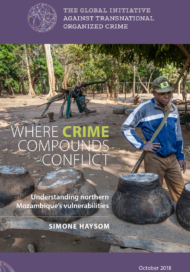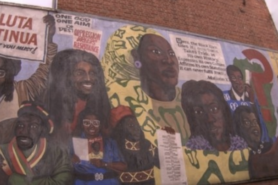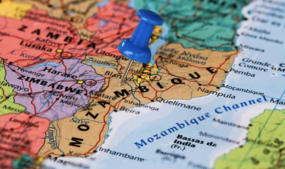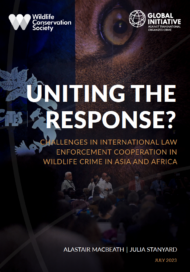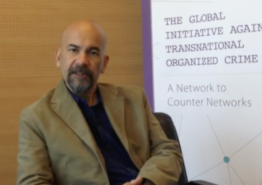Posted on 25 Oct 2018
This report seeks to explain how the outbreak of violent conflict in northern Mozambique, driven by a group known locally as ‘Al Shabaab’, is linked to a large and dynamic illicit economy in the region. It asks not only whether, and how, the group derives funds from the smuggling of various types of contraband, but it also explains how the illicit economy itself has generated the conditions for this insurgent movement to emerge and how it may continue to fuel the phenomenon. Crucially, it argues that the state’s own efforts to quash the movement are undermined by its long-standing involvement in the illicit economy.
Drawing on our own interviews and previous research in the region, the report shows how illicit trades – ranging from wildlife poaching and drug trafficking to artisanal mining and human smuggling – have fostered corruption and undermined state legitimacy, provided livelihoods and local investment where the licit economy has not, and kept borders porous and the coastline unmonitored. Political figures, the ruling party and their elite criminal associates have openly benefited from both the licit and illicit extraction of natural resources, while the local community has often been punished for their involvement in informal illicit economies and denied the benefits of formal investment and economic growth. Into this crucible of resentment, extremists have stepped, offering opportunities for study and capital, and mobilizing their recruits to challenge violently the existing power relations.
One of the most disturbing realizations of the report is that the militant group is more economically and socially embedded than previously believed and may now rely on an organized collection of donations within northern Mozambique. The report concludes by tracing connections with similar developments in neighbouring Tanzania, arguing for a regional perspective on both the illicit economy and the extremist phenomenon.
Key findings
- The militants do not control any major contraband trade. Rather, the illicit economy as a whole provides varied opportunities and is a source of grievance.
- Illicit trade has also fostered corruption in the north and, in this way, has played a vital role in the breakdown of law and order, which has allowed the insurgency to establish itself locally and across the region.
- The militant group is more economically and socially embedded than currently believed and may now rely on an organized collection of donations from across all of northern Mozambique, including Nampula and other parts of the country.
- The insurgency is also the product of a regional phenomenon of Islamic extremism, which links it to similar occurrences in Tanzania, Kenya, Somalia and Sudan.
- Current efforts to limit smuggling and the free flow of people and goods in the region of Mocímboa da Praia and the Tanzanian border are not succeeding.
- Given the factors that underlie conditions in the north, it is likely that the illicit economy and the insurgency will grow, and violence will increase. If so, it is possible that northern Mozambique will become a platform for launching assaults and furthering the aims of criminal networks across the wider region.
